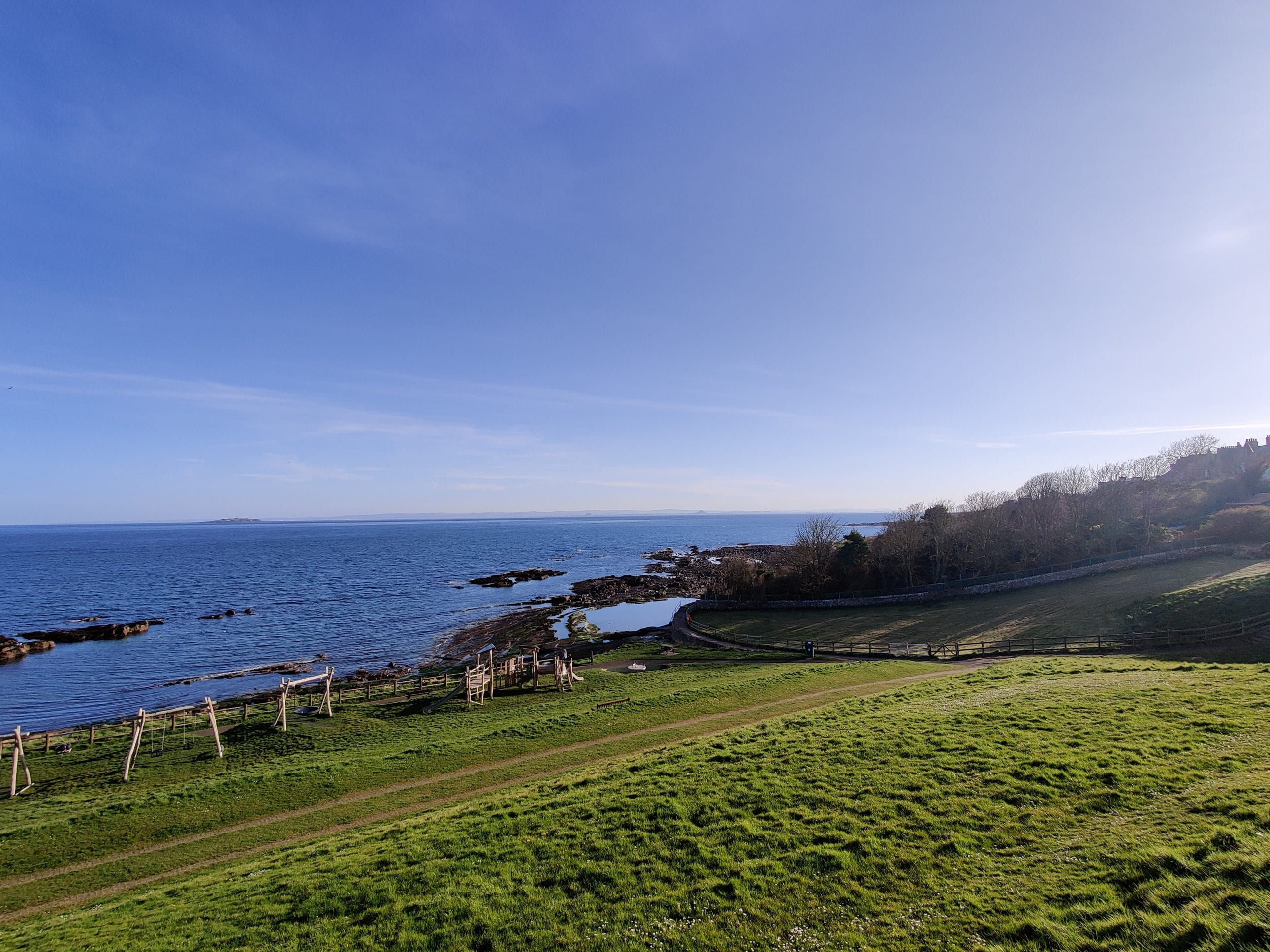By Samantha Ross
The transition to becoming a doctoral student is known for being as much about a change in identity as it is about developing academically. So, in some ways, Covid-19 gave me a head start on this complex process. Back in February, I was an MRes student all too ready to take the leap into doctoral work, jumping at the chance to read other theses and immersing myself in postgraduate events and life. Initially, this was the main way I could get a head start on becoming a PhD student. Lockdown has changed several aspects of our lives, but despite this, it has allowed me to prepare myself for a PhD, rather than detracting from the positive, life changing experiences which await me.
Even the socialisation opportunities, which last semester helped me carve the beginnings of a new identity as an MRes student, have changed. Whereas last semester I sat an exam and was comforted by the familiar rustle of papers and chatter as the exam ended, this week I sat my last ever exam, accompanied by the clack of my laptop keyboard and the unfamiliar ease of submitting the script online.
This unfamiliarity might be one of the few good things to come out of lockdown. Many doctoral students have to develop innovative solutions to working, manoeuvring demanding research schedules whilst balancing a change in their identity. Although I will be doing a lot of reading in St Andrews, there will be times during my research where I am unfamiliar with the setting or working between interviews. A remote exam has become a lesson in flexibility, both in terms of visualising myself walking into the exam hall (my front room) and deciding with which side of my make-shift desk I feel most productive.
I have also been given the gift of time during this lockdown period. Not having classes allowed me to embrace a PhD student mindset more fully than before: I didn’t have to introduce myself with the usual ‘I’m an MRes student at the moment, but I’ll be starting my PhD in September’. I could simply beaver away at the remainder of my MRes coursework and look forward to the start of independent research. I treated lockdown as a transition opportunity – the chance to shift my thinking to the next stage and consider how I could prepare myself more fully for a PhD journey. This blog, conveniently, is one of those opportunities!
I spoke with a fellow MRes student, Mael, (virtually, of course) about his experience of lockdown, and how it prepared, or hindered, him in his transition to becoming a PhD student at King’s College in October:
“I like to frequently drop by during professors’ office hours to discuss assignments and ideas. I need clear guidelines before diving deeper into writing up an assignment… some sort of validation. The Covid-19 outbreak sort of forced a new autonomy in my work as my professors, understandably, are not as available as they used to be.”
With this autonomy came a new confidence in Mael’s ability, not dissimilar to the growing sense of agency noted by McAlpine and Turner (2012) in early career researchers:
“Before lockdown I worked in libraries or cafés, sometimes with a complete lack of productivity, just to feel that I was somehow performing the student identity. Now that I’ve been stuck at home for the last two months, I’ve had to find a way to work productively and allow myself to relax without feeling guilty. This is truly a relief as not only did my productivity improve, but my mindset also.”
Like Mael, I have begun to adapt my working pattern to reflect something that I imagine resembles that of a typical PhD day. I have learnt to persist through periods of disengagement, changing the way I incentivise myself to get things done. Although this has been at the sacrifice of longer walks, games of badminton, and family time, I’ve extended the length of time I spend reading and become accustomed to long periods of writing. I have discovered my limits of sitting at a screen before I need to get up, and find that the best way to ease myself into work is often to make time in the early hours of my day for exercise and activities I would usually procrastinate over (I’m looking at you, reference lists).
As Mawson and Abbott (2017) suggest, my prior experiences will feed into my doctoral journey, but lockdown has played a large role in giving me the time to reflect and adjust to different ways of working. Although this has been a challenging period for students across the board, I hope that others can take this as a lesson in adaptability and resilience, as my peer, Lisa Kamsickas (Class of 2020), suggests. There is something to be said for being able to sit with discomfort and uncertainty, and using it productively where we can, as we await better days in the form of graduation ceremonies and our personal solutions to over-checking Twitter.
Sam Ross is an MRes student at the University of St Andrews and will start her PhD in September, focusing, using a followership lens, on the influence of leadership succession on employees.
Image copyright: Sam Ross
We would be grateful if you could kindly complete this brief questionnaire about this blog post. It will take you no more than 5 minutes. https://dundee.onlinesurveys.ac.uk/covid-19-and-transitions-individual-blog-post
